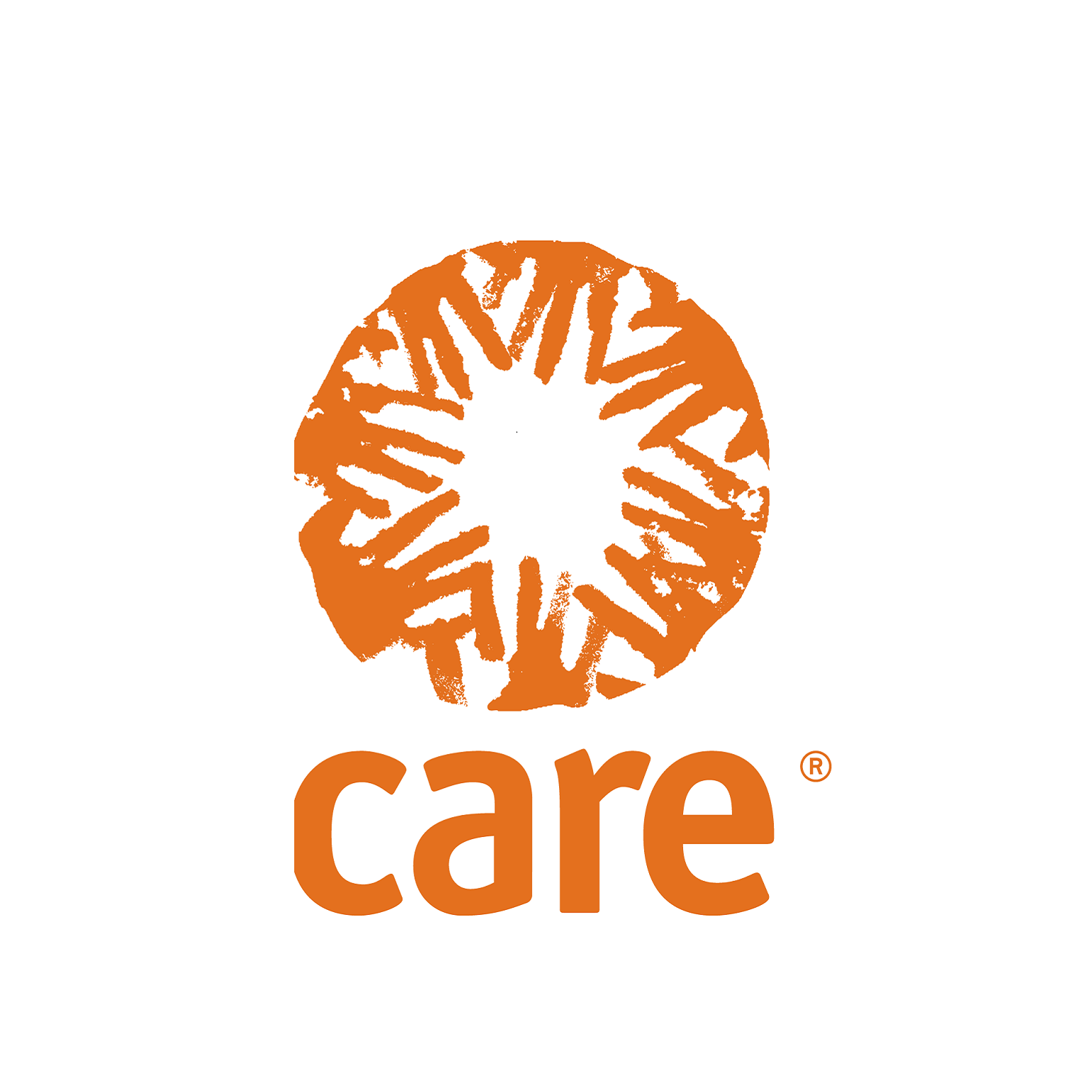Episodes
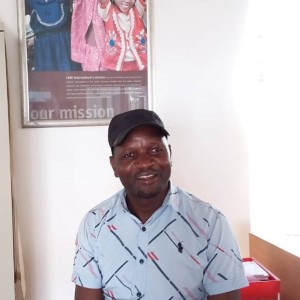
Thursday Nov 12, 2020
Data in the time of COVID
Thursday Nov 12, 2020
Thursday Nov 12, 2020
Clement Bisai from CARE Malawi talks about what he and his team are learning about how to do better remote data collection. Focus, listen to communities, and reflect regularly are his key takeaways. Don't expect to outsource everything. Digital remote data collection may be the best way to work in COVID-19, but we're already learning how to do it better.
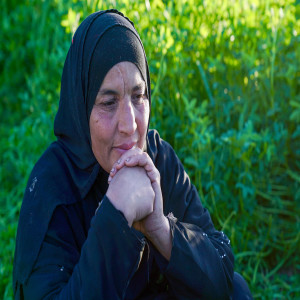
Thursday Oct 29, 2020
Dream Big, But Move Methodically
Thursday Oct 29, 2020
Thursday Oct 29, 2020
Hazem Fahmy from CARE Egypt talks about the journey from being a country office to becoming an independent member of the CARE family. What are some of his key lessons? First, don't spend all your time planning--test out actions and adapt. Second, learn to listen for what people aren't telling you; trust is critical for organizational change. Third, keep your principles firmly in mind as a north star. It can be easy to lose track of why we're transforming in the excitement of growing a business.
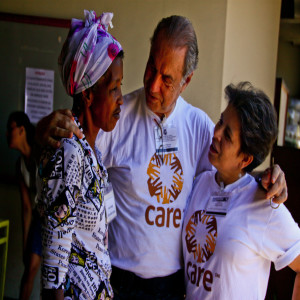
Wednesday Oct 14, 2020
Implementers vs. Allies
Wednesday Oct 14, 2020
Wednesday Oct 14, 2020
Tatiana Bertolucci--CARE's Regional Director for Latin America and the Caribbean--talks about what she learned closing the CARE Brazil office. We need to engage with curiosity and treat organizations in the global south as powerful allies, not people who merely implement our agenda. We also need to invest in more diverse boards. "There is knowledge everywhere if we will listen to it." Another lesson is "scream for help sooner" when something is not working.
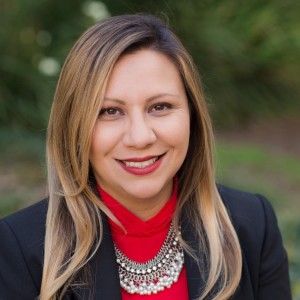
Thursday Sep 17, 2020
The Power of Risk: Contingency Plans, Relationships, and other lessons from COVID
Thursday Sep 17, 2020
Thursday Sep 17, 2020
Deyanira Nevarez Martinez from UC Irvine talks about the challenges of doing research in COVID-19, and the importance of contingency and risk management planning. How would you plan if you thought everything might go wrong? What are your alternatives for each step of your process? When COVID-19 turned everything upside down, Deyanira talks about strategies for moving research forward. Deya's research is in California, but she's got advice that can apply for everyone in the world.
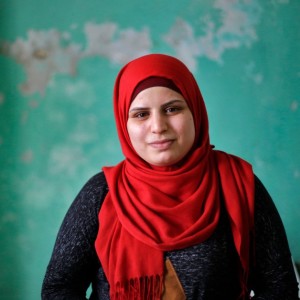
Thursday Aug 13, 2020
Rumors, Trust, and COVID-19
Thursday Aug 13, 2020
Thursday Aug 13, 2020
Salah Hamwi from CARE Turkey talks about lessons learned in fighting rumors and misinformation about COVID 19. "We're fighting against time," he says. You have to get good information out first so that rumors don't have the space to grow and spread. Using digital platforms, getting leaders involved, and using evidence to shape your programs are all other key steps.
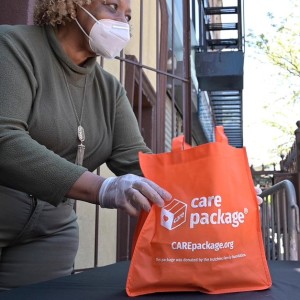
Wednesday Jul 29, 2020
A Grain of Truth in Opposition: Launching new programs in difficult times
Wednesday Jul 29, 2020
Wednesday Jul 29, 2020
Ryan Shepard talks about launching CARE's first US-focused project, creating jobs and feeding kids impacted by #covid19. It wasn't an easy lift and "depended on a lot of things all going right at a very uncertain time." What are Ryan's takeaways? Listen for the truth that will make you stronger, even when people's feedback is discouraging. Believe in the core of what must work, constantly refine the details, and make decisions true to your principles.
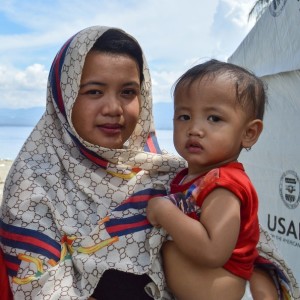
Thursday Jun 18, 2020
CARE of 1000 Papers, Part 2: Improving the way we work with partners in crisis
Thursday Jun 18, 2020
Thursday Jun 18, 2020
Puji Pujiono of the Pujiono Center and Victoria Palmer from CARE Canada talk about their paper based on the Sulawesi response in Indonesia.This time, they talk about what organizations can do once a crisis has already started to have better success with partners, and help them achieve their goals rather than hurt them.
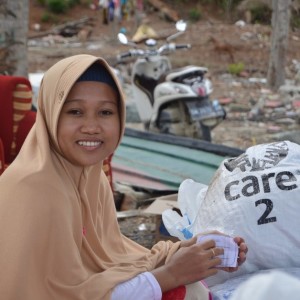
Wednesday Jun 03, 2020
CARE of 1000 papers: How our best intentions can hurt local activists
Wednesday Jun 03, 2020
Wednesday Jun 03, 2020
How do international NGOs create problems when they team up with local activists? It's the CARE of 1000 papers, where our processes are so focused on reducing risk that we bury local groups under the weight of our expectations, and don't give them the support they need. Puji Pujiono of the Pujiono Center and Victoria Palmer from CARE Canada talk about their paper based on the Sulawesi response in Indonesia, where we learned a lot about what we can do BEFORE we reach out to local partners so that we're truly helping response and empowering those partners. Stay tuned for part 2, where they discuss what we can do once a crisis hits.
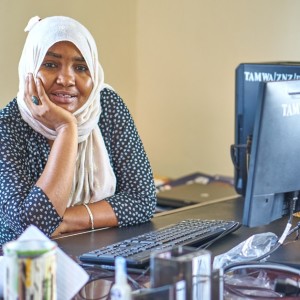
Monday Apr 20, 2020
Monday Apr 20, 2020
Jay Goulden talks about designing a data system to collect information on pandemic response in 78 countries--a first for CARE. He says act quickly, iterate fast, and think what your system might need to be in two weeks or a month as the situation evolves. He also talks about reducing burdens on over-taxed staff, streamlining systems, and connecting data collection to data use. Oh--and make it beautiful to look at.
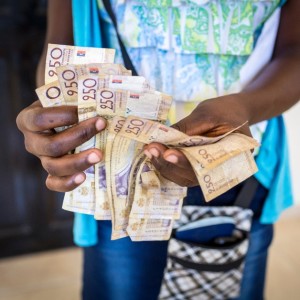
Monday Apr 13, 2020
Monday Apr 13, 2020
Holly Radice talks about how people have limited bandwidth to adopt new things in crisis, and how cash transfers in Ebola failed at digital solutions because of unrealistic expectations. Her recommendations: do everything you can to adapt and expand existing systems to push out cash safely, examine your context very carefully and frequently to see what market approaches work, and start planning now for cash transfers during recovery in a few months. Be empathetic to participants and financial service providers, and respect that everyone is affected. Finally, stay in touch with partners and cash working groups to find solutions that will support everyone.
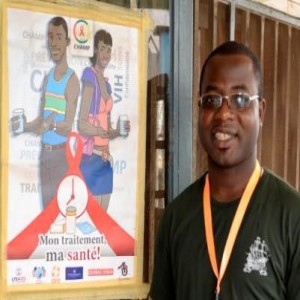
Monday Apr 06, 2020
Monday Apr 06, 2020
In this translation from the French Episode, Sandra Georges from CARE Cameroon talks about the CHAMPS project, and how they have had to move from "make others do" to "do together" to "let others do." It involves changing the way we think about partnership, gradually handing over responsibility, and believing local teams and communities about what approaches work best.
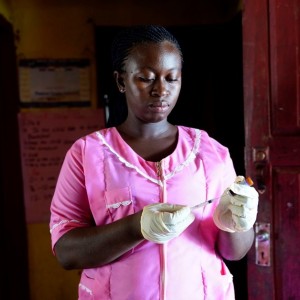
Thursday Mar 26, 2020
Push Aside the Panic: Thinking Bigger than Just a Health Response to COVID 19
Thursday Mar 26, 2020
Thursday Mar 26, 2020
Alfred Makavore, a key responder in CARE's Ebola response in Sierra Leone in 2014-2015, share's lessons about how to improve our COVID-19 response. "At first, we thought it was just a clinical problem, and we treated it like that." Alfred encourages teams to think beyond a clinical response, to understand what communities are facing, and to build trust. "We have to push aside the panic." Engaging governments, setting up local coordination, and trusting field teams to make decisions are some of his key recommendations.
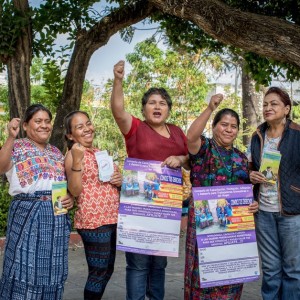
Wednesday Mar 25, 2020
Expect to Fail: Advocacy, Partnership, and Women Workers' Rights
Wednesday Mar 25, 2020
Wednesday Mar 25, 2020
Daniel Almeida from CARE's Latin America Regional office warns, "Don't lose sight of the real reason you are doing this work." He's talking about how to do advocacy more effectively in partnership with social movements. Do your political economy analysis, have clear communication with partners, invest for the long term, and expect to fail. He tells teams, "not to expect to have results that are 100% things that they showed in the design." Learn more about this work from the recent paper: CARE International Advocacy and Influencing.
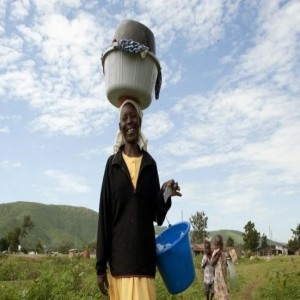
Monday Mar 16, 2020
Monday Mar 16, 2020
Learn to act with imperfect information. Take calculated risks. Remember who is most at risk. Those are just some of the calls to action from Andres Gomez de la Torre, drawing on CARE's learning from Ebola response. Originally recorded in August of 2018, this podcast has critical lessons that CARE is using today in planning our COVID 19 response, and are an important call to action as we know some of the world's poorest countries are about to get hit with a crisis for which they are not prepared.
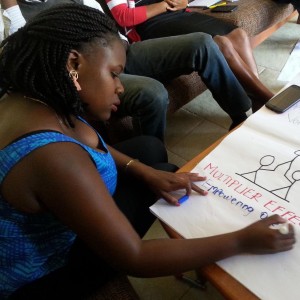
Wednesday Mar 04, 2020
It will never happen in 6 months: Lessons from building financial apps in Uganda
Wednesday Mar 04, 2020
Wednesday Mar 04, 2020
Melch Natukunda from CARE Uganda talks about trying to build the first ever financial services app that linked poor rural women to banks. What's the biggest lesson? "it’s not just financial services. Anything we do should be trying to lighten women’s burden and help her with the other challenges she’s dealing with.” It's also about remembering that, "at a bank, someone is looking at this project and saying, 'is this giving me profit?' That will never happen in 6 months." You need at least 5 years to build something that will really work, but once you've got it, it can work for millions of people.

